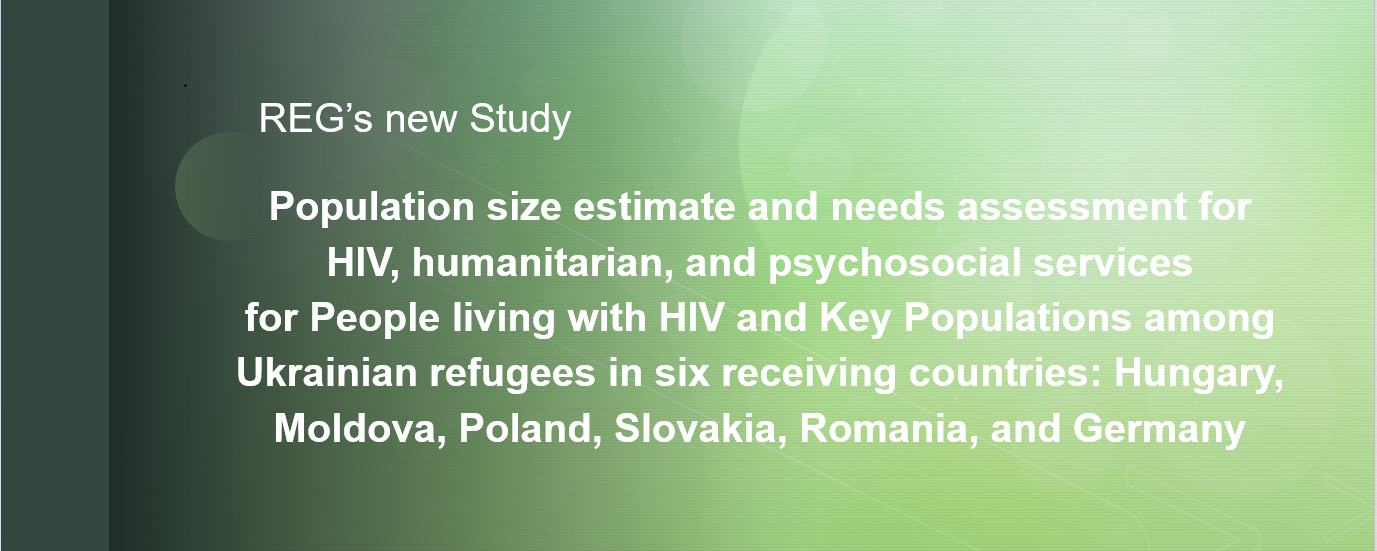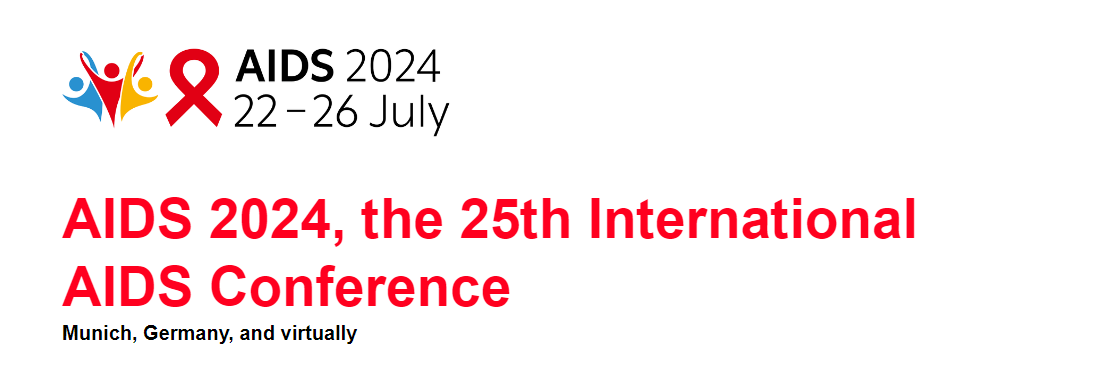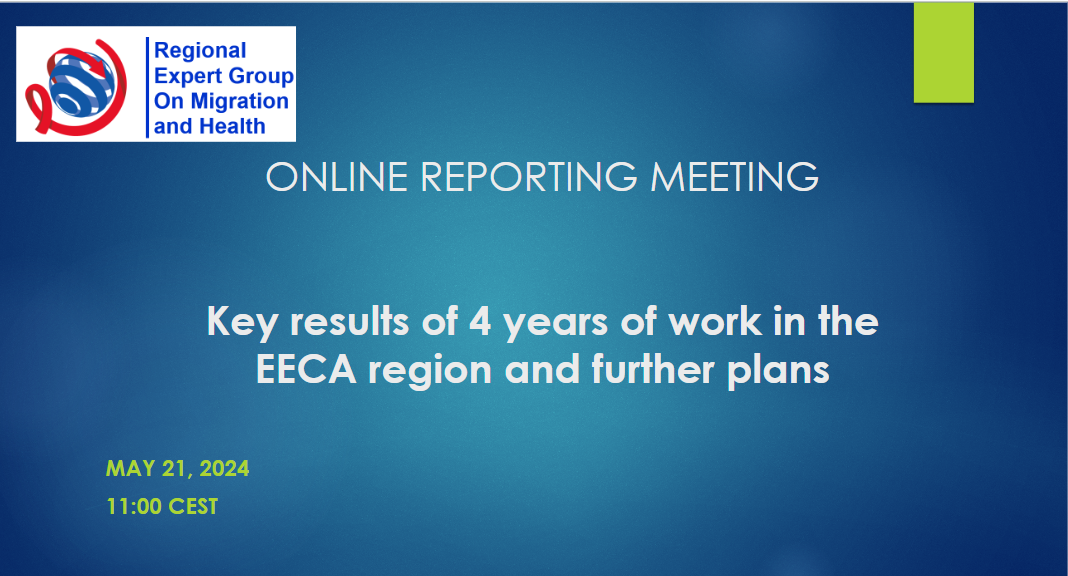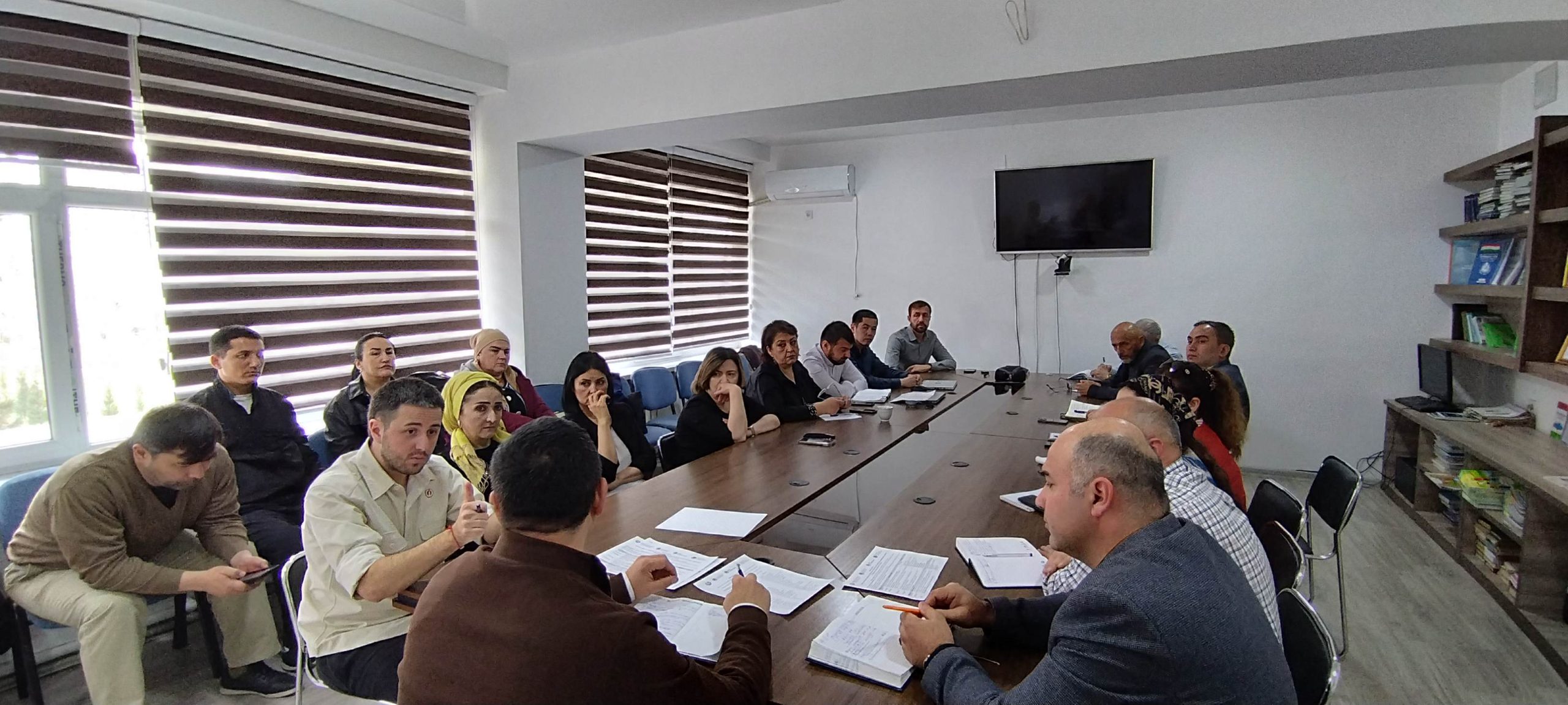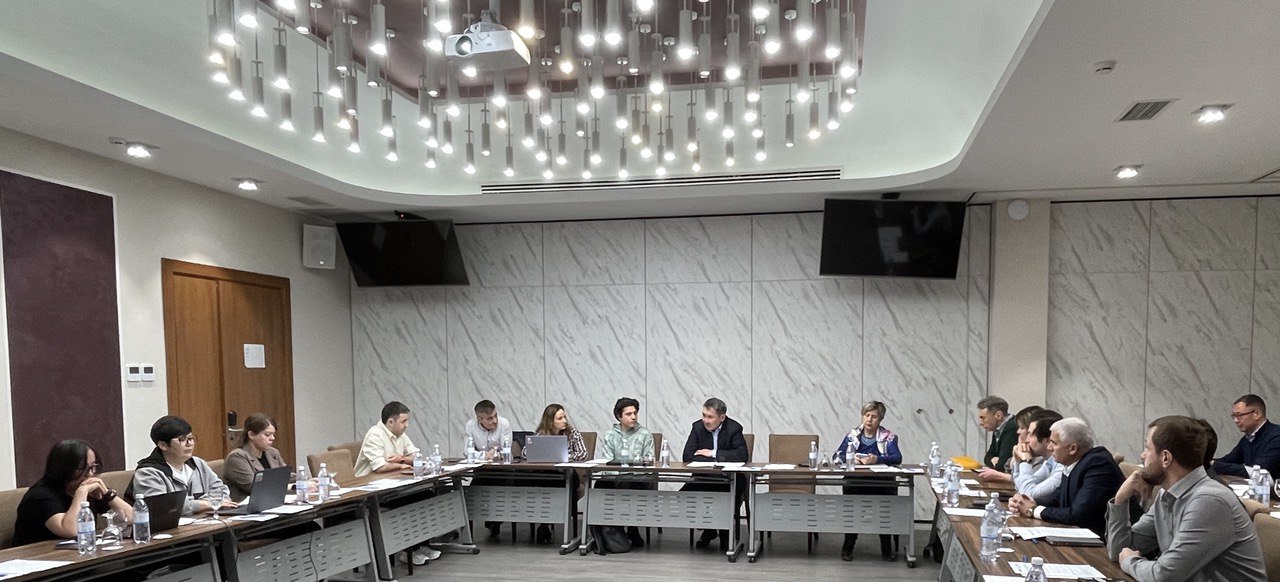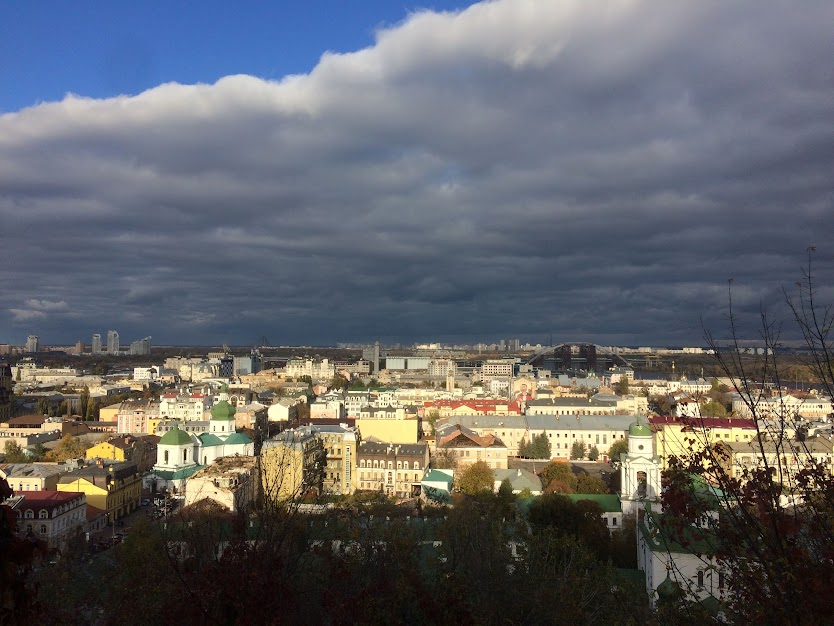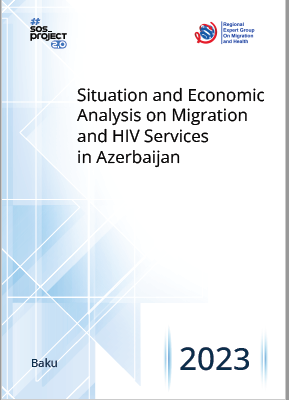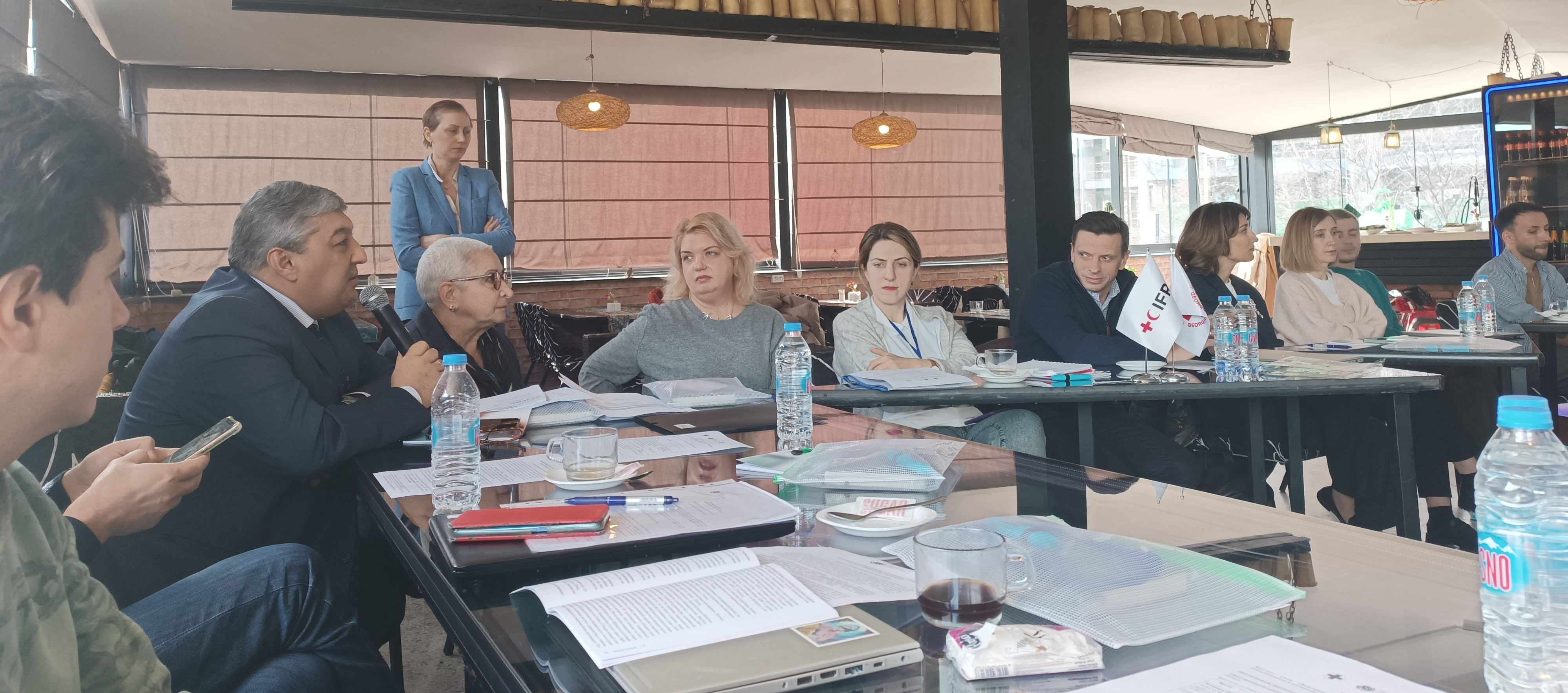On September 23-25, 2024, the REG held a meeting in Georgia with organizations providing health assistance to migrants from the EECA region. 17 NGOs from 11 countries of the EECA region and the EU gathered at the meeting, signed a memorandum and united into the Partnership Migrants Health for the EECA region. Organizations working
Regional Expert Group on Migration and Health is launching Partnership on Migrant Health for the EECA region

